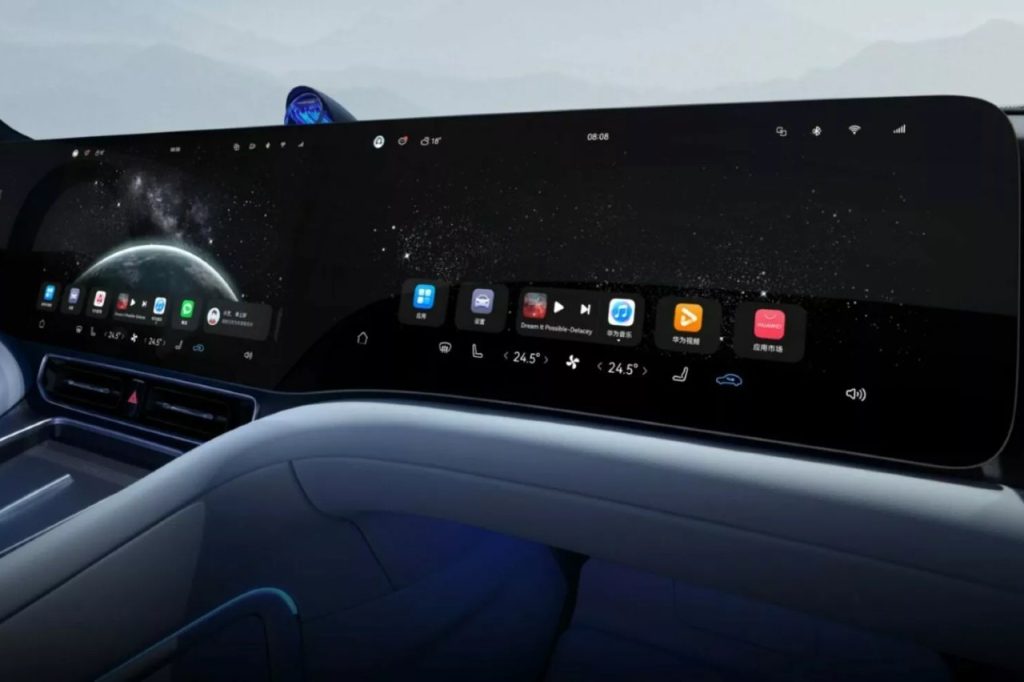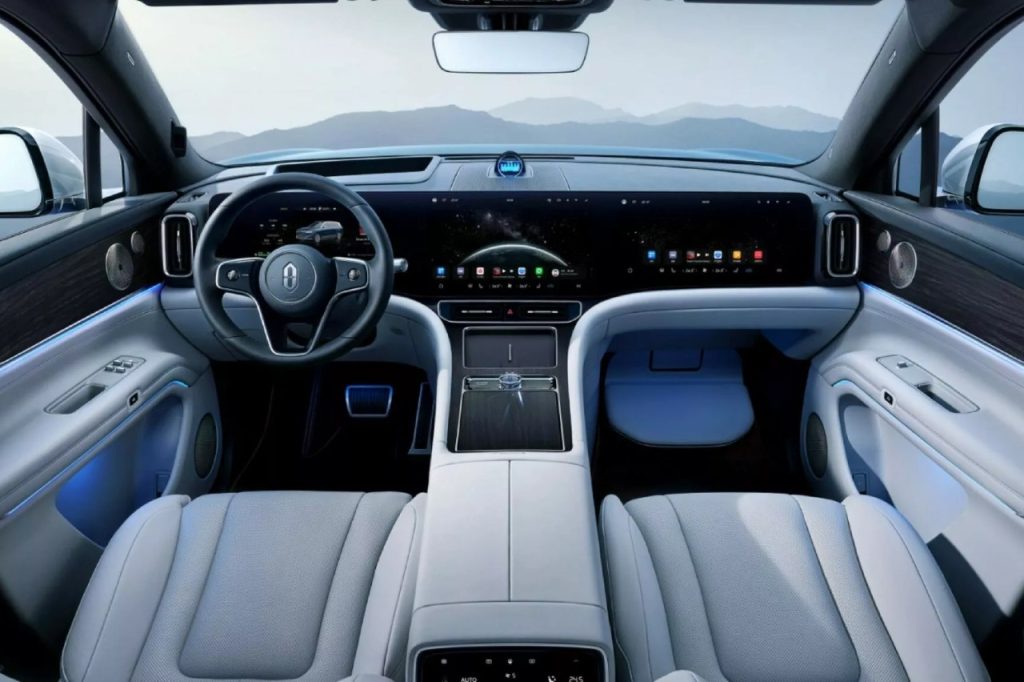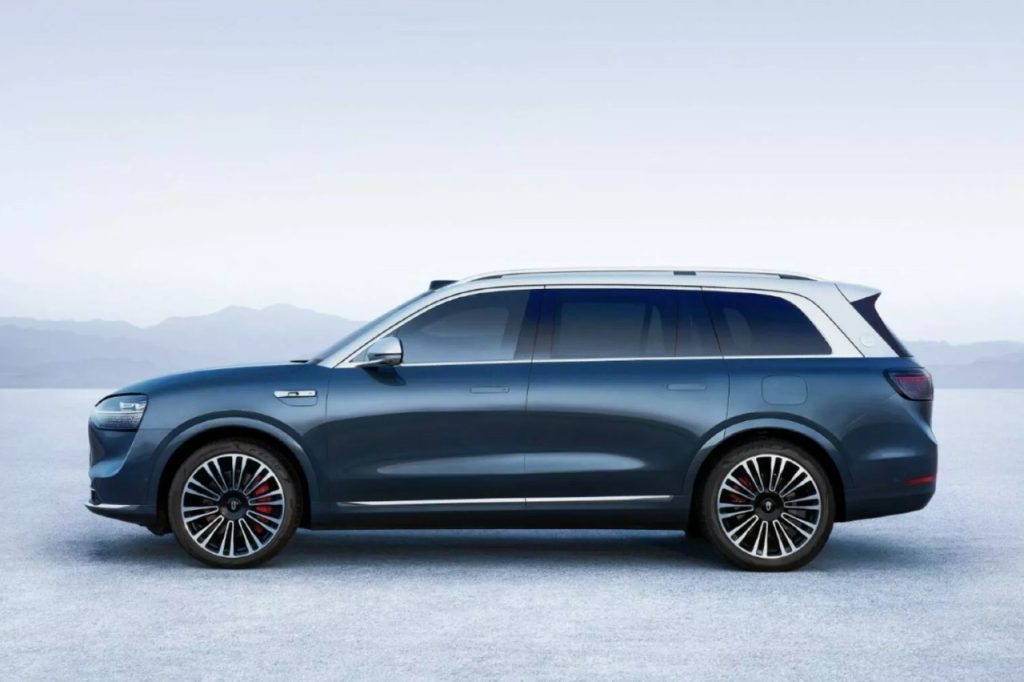After the Chinese technology giant Xiaomi, which surpassed Apple and will be the first mobile phone manufacturer to launch an electric vehicle, Huawei is also strengthening its presence in the automotive sector.
It is currently doing so through the Aito brand, in partnership with the manufacturer Seres, for the launch of a new range of state-of-the-art electric models, which promise a digital experience on another level.
The young brand has just presented the M9, an SUV with a length of 5.23 meters and a wheelbase of 3.11 meters, allowing up to eight occupants on board in optimal comfort conditions, to join the Aito M5, a luxury electric sedan.
Both models have a highly technological interior, equipped with a laser projector and a retractable 32-inch panel that allows rear passengers to enjoy movies, games, or TV shows in the comfort of their seats.

The dashboard is completely covered with digital screens, in the style of the Mercedes-Benz Hyperscreen. There is a 12.3-inch display for the instrument panel, another 15.6-inch display for the central infotainment system, and a third 16-inch screen on the passenger side.

Furthermore, there is an additional tablet for each of the rear seat passengers, and all devices are based on Huawei’s HarmonyOS 4 system. The brand also guarantees a unique sound experience, thanks to the high-fidelity equipment with 25 speakers and 2080 volts of output.
Up to 1400 kilometers of range in China
The Aito M9 is offered in two versions, one with a 530 hp motor powered by a 97.7 kWh battery developed by CATL, which gives it a range of 630 kilometers, according to the Chinese homologation protocol (CTLC).

The second option is a hybrid called EREV (with extended range), which combines two electric motors developing 496 hp, a 42 or 52 kWh battery, also from CATL, and a 1.5-liter turbo gasoline engine as a power generator. For this version, the Chinese brand announces a range of up to 1400 kilometers.
The Aito M9 can now be ordered in China, where its price ranges from 469,800 yuan (€ 59,673 euros) to 569,800 yuan (€ 72,375). The first deliveries are scheduled for the beginning of 2024.







